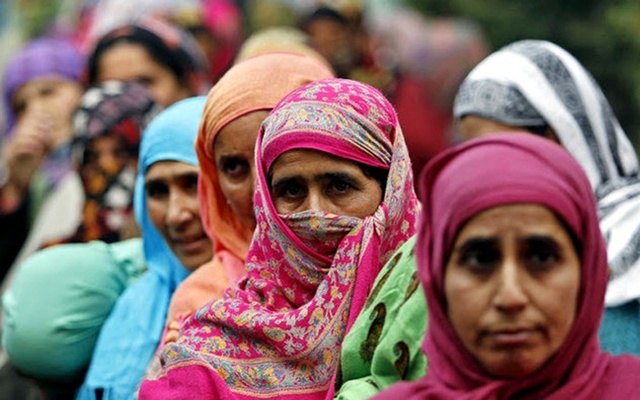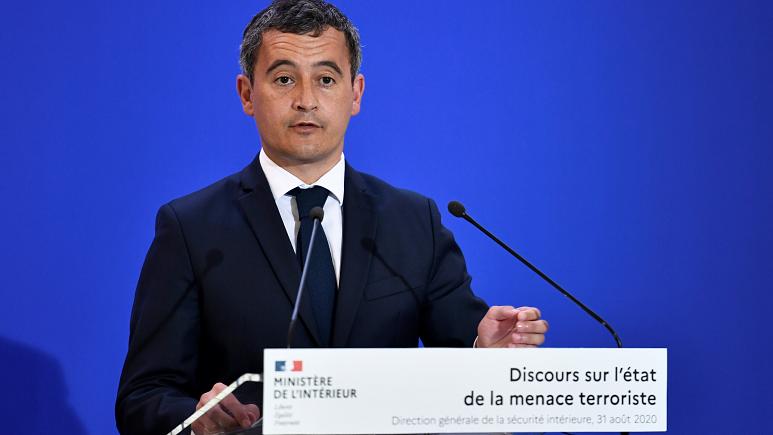
A graduate student in the United States, was visiting the grave of her grandmother in India over the weekend when she learnt that she was “for sale” to the highest bidder online, for a second time.
Her screen filled with dozens of calls and dispatches from musketeers, all participating the same screenshot of the profile created of her on the app, a fake transaction point called “ Bulli Bai.” Bég, a former intelligencer with an active online presence, was n’t alone. Further than 100 other prominent Indian Muslim women, including artists, intelligencers, activists and attorneys, plant that online images of themselves were being used without authorization on the app, which went up Saturday and was taken down again within about 24 hours.
In June a analogous app, called “ Sulli Deals,” appeared. (Both terms are depreciatory shoptalk for Muslim women.) That one remained up for weeks and was taken down only after complaints from victims. Though the police opened an disquisition, no bone has been charged in that case.
India’s online space is replete with misogyny and importunity of women. But the two “ deals” have amplified concern about the systematized nature of the virtual bullying, and how targeted smears and pitfalls of violence, particularly sexual violence, are stationed to try to silence women, especially those critical of some of Prime Minister Narendra Modi’s programs.
“ The intimidation is aimed at forcing Muslim women who raise their voices against the injustice to withdraw from public life,” said Bég, 26, who’s pursuing a graduate degree at Columbia University. “ But you do n’t back out, indeed if everything gets inviting.”
Muslim women were at the van of one of India’s largest kick movements in recent decades. In early 2020, before the coronavirus epidemic began in India, thousands blocked roads and held demonstrations in kick of a new citizenship law that was seen as poisoned against Muslims.
Women featured in the “ transaction” included Fatima Nafees, the mama of a pupil activist who faded further than five times ago after a fight with members of a right- sect pupil organisation, a film star turned social activist, a experimenter, and several other prominent Muslim women.
Both the app that went up in June and the more recent one were hosted by GitHub, a Microsoft- possessed open software development point grounded in San Francisco. On Sunday, India’s civil minister for dispatches, Ashwini Vaishnaw, said that GitHub had blocked the stoner behind the recent app. GitHub has not reflected intimately on the occasion.
Karti Chidambaram, a member of India’s congress and a leader of the opposition Congress party, wrote on Twitter that he was floored that those responsible supposedly felt inspired because of the government’s lack of action on the former transaction.
“ It’s inferior that this design of dangerousanti-Muslim misogyny is back,” he said.
On Monday, the police in the southern state of Andhra Pradesh said they had opened an disquisition and filed a felonious complaint against several Twitter handles and inventors of the app, grounded on the complaint of a Muslim woman.
But numerous complaints said the lack of progress on the former examinations had inspired little confidence.
Bég has been a vocal critic of India’s governing Hindu nationalists and their anti-minority policies under Modi. She has faced intense internet trolling, including death threats, on Twitter.
Over the years, as the pressure has intensified, she said, she started self-censoring, avoiding critical posts on the policies of the Hindu nationalists.
She said she had been worried about the rising intolerance, but the latest episode showcased how the online machinery was being used to make vocal Muslim women withdraw from public life, essentially eliminating any counternarrative.
Hasiba Amin, a social media coordinator of the opposition Congress party, who was also featured on the auction app, says the fact that the violence and death threats against minorities online have recently gone beyond virtual is what keeps her awake.
read more:MUSLIMS COVERAGE IN THE UK MEDIA IS SUBSTANTIALLY NEGATIVE -JUSTIFIED


